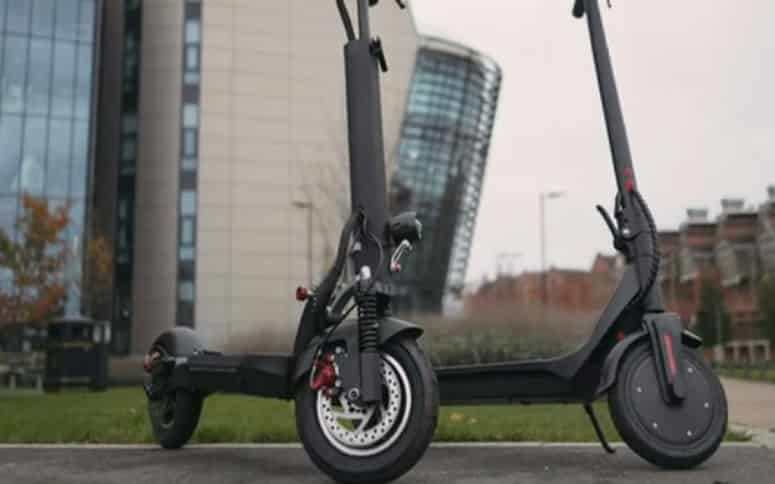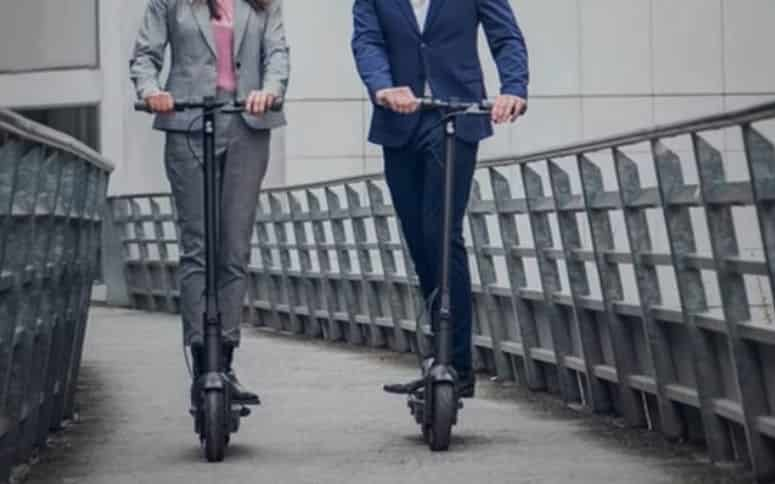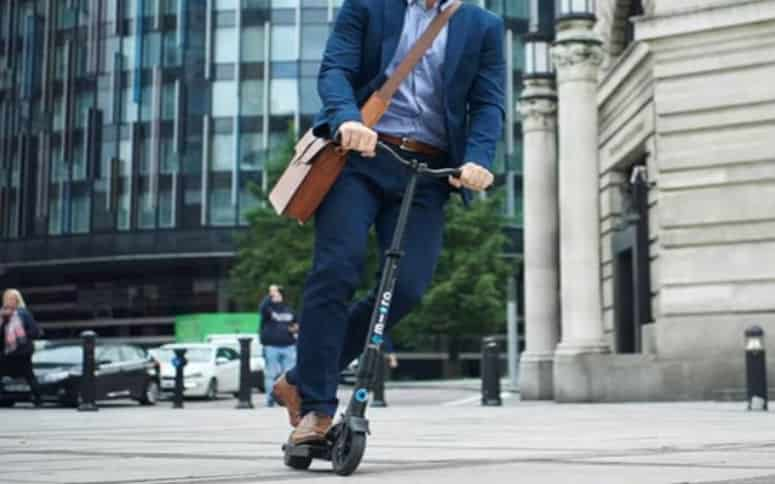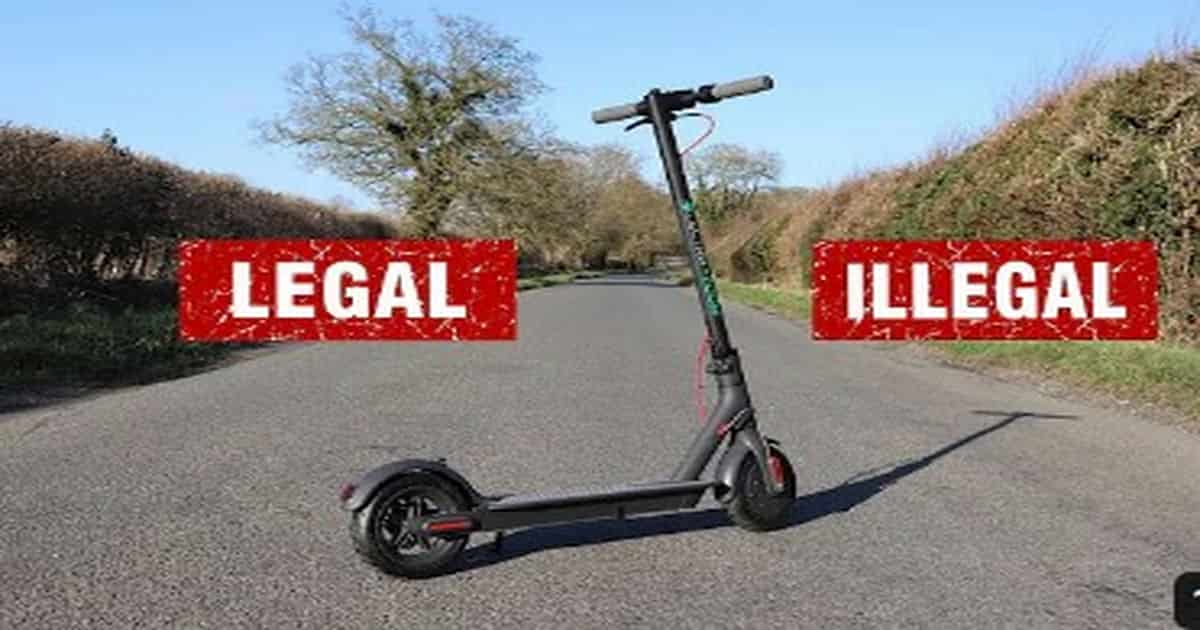Curious, “Is electric scooter legal in London?” Electric scooters are legal in London, but they must meet certain requirements to be used on public roads. Electric scooters have gained popularity as a convenient and eco-friendly mode of transport in many cities around the world.
In London, these vehicles are legal, but there are specific regulations that users must adhere to. This article aims to provide a clear understanding of the legality of electric scooters in London and the essential guidelines that riders need to follow.
By ensuring compliance with the established rules, riders can enjoy the benefits of electric scooters while avoiding any potential legal issues. So, let’s dive into the details of the regulations and requirements for electric scooter usage in the bustling city of London.
Is Electric Scooter Legal in London?

Electric scooters have gained popularity in London, but it’s essential to understand the regulations surrounding their use. Existing laws in London address the operation of electric scooters. To ride an electric scooter in London, riders must be at least 16 years old.
Additionally, it’s crucial to remember that riding an electric scooter on the pavement is strictly prohibited. Instead, riders should use designated cycle lanes or the road. It’s also worth noting that electric scooters need to be fitted with front and rear lights, as well as a bell.
Furthermore, riders are encouraged to wear helmets for their safety. Following these rules and restrictions will help ensure a smooth and legal riding experience in London.
Analysis Of Electric Scooters’ Legal Status
Electric scooters have gained popularity as a convenient mode of transportation in cities worldwide. London, being a bustling metropolis, warrants an exploration of the legal status of electric scooters within its boundaries. The analysis begins by examining the legal framework that governs electric scooters in the city, which includes various traffic laws and regulations.
It is important to understand how electric scooters are categorized according to the current legislation. This categorization forms the basis for determining their legality and usage on the streets of London. By delving into these aspects, we can gain a comprehensive understanding of the legal landscape surrounding electric scooters in the city.
Licensing And Age Restrictions

Electric scooters have gained popularity in London, prompting questions about their legality. For operating an electric scooter in London, riders don’t need a license. However, there are certain age restrictions in place. Riders must be at least 16 years old to use an electric scooter on public roads.
These restrictions ensure safety and responsible usage. It’s important to adhere to these regulations to avoid any legal issues. Keeping in mind the minimum age requirement helps maintain a safer environment for both riders and pedestrians in the city. So if you’re considering using an electric scooter in London, make sure you meet the age requirement and follow the necessary guidelines for a smooth and legal experience.
Speed Limits And Safety Measures
Electric scooter riders in London need to be aware of the speed limits imposed on them. Different areas may have different restrictions, so it is important to familiarize yourself with the rules. Safety should always be a top priority, and this includes wearing a helmet.
It is also advisable to invest in visibility equipment, such as reflective clothing or lights, to ensure others can see you on the road. Being proactive about safety will not only protect you as a rider but also ensure you are adhering to the law.
Stay informed and take necessary precautions to enjoy your electric scooter legally and safely in London.
Areas Allowed And Prohibited For Electric Scooters
Electric scooters have gained popularity as an eco-friendly mode of transportation in London. However, it is essential to know the areas where they are legally permitted to operate. In order to ensure safety and convenience for all, there are specific identification measures in place.
Certain areas allow electric scooters, providing a convenient and efficient means of travel. On the other hand, there are also restrictions and areas where electric scooters are prohibited. These restrictions aim to prevent potential hazards and ensure smooth traffic flow.
Awareness of these areas is crucial to avoid any legal consequences and to maintain a harmonious environment for both riders and pedestrians. Hence, it is important to be well-informed about the permitted and prohibited zones for electric scooters in London.
Comparison With Other Modes Of Transport

Electric scooters have become increasingly popular in London, but are they legal? In this discussion, we will evaluate how electric scooters compare to bicycles and other forms of micromobility transport in the city. When it comes to legal aspects, there are both advantages and disadvantages to consider.
Electric scooters offer convenience and flexibility, allowing riders to navigate through traffic easily. However, there are regulations in place that restrict their use on public roads and sidewalks. Bicycles, on the other hand, are legally permitted and offer health benefits along with environmental advantages.
Ultimately, the choice between electric scooters and bicycles may depend on individual preferences and the specific regulations in place. It is important for riders to be aware of the legal framework surrounding electric scooters and to consider other modes of transport before making a decision.
Proposed Changes And Future Developments
The legal status of electric scooters in London is currently under discussion, with proposed changes and future developments being considered. Ongoing discussions and potential legislation have the potential to impact the regulations surrounding electric scooters in the city. These discussions are aimed at addressing concerns relating to safety and usage, ensuring that electric scooters are integrated smoothly into London’s transportation system.
The focus is on finding a balance between promoting sustainable and convenient forms of transport while also protecting the safety of riders and pedestrians. As the discussions continue, it remains to be seen how the legal framework for electric scooters in London will evolve in the coming months and years.

Frequently Asked Questions On Is Electric Scooter Legal In London
Is Electric Scooters Legal In Uk?
Yes, electric scooters are legal in the UK.
Do You Need A License To Drive An Electric Scooter In London?
Yes, you need a license to drive an electric scooter in London.
What Happens If You Get Caught Riding An Electric Scooter Uk?
If you are caught riding an electric scooter in the UK, you may face legal consequences.
Why Can’T You Use Electric Scooters In The Uk?
Electric scooters cannot be used in the UK because they are currently not legal on public roads.
Conclusion
The legality of electric scooters in London can be a bit of a gray area. While they offer a convenient and eco-friendly mode of transportation, the rules surrounding their use are still evolving. It is important for riders to educate themselves on the current regulations, such as age restrictions and the requirement for a driving license or insurance.
The increasing popularity of electric scooters has prompted the government to conduct trials and consider potential legislation to address safety concerns and ensure a harmonious integration with existing transportation systems. In the meantime, riders should exercise caution and follow common-sense safety practices when using electric scooters on London’s roads and paths.
By staying informed and adhering to the existing regulations, riders can enjoy the benefits of electric scooters while minimizing the risk of legal consequences. Ultimately, the future of electric scooters in London will depend on the outcome of ongoing discussions and the willingness to adapt to this emerging mode of transportation.

